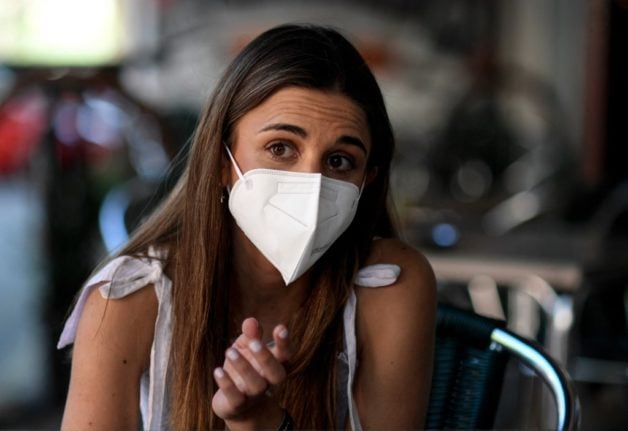The current wave of coronavirus infections in Norway, driven by the Omicron variant, will likely peak at the turn of the month or in early February before beginning to trend downwards, the Norwegian Institute of Public Health (NIPH) has predicted.
Following the peak, NIPH expects the number of hospitalisations to fall rapidly, based on what it has seen happen in South Africa.
“In South Africa, they had a very rapid increase in infection, and then they got a fairly rapid decrease even after they passed the peak of infection,” Line Vold, director of the infection control department at NIPH, told newspaper VG on Monday.
An updated risk assessment of the Omicron variant published by NIPH last week estimated that the peak would see fewer than 50,000 cases per day with the current level of Covid-19 restrictions in the country.
The scenario also estimated that there would be between 100 and 400 hospital admissions per day and around 500 and 2,500 patients in hospital with Covid at any one time. The highest number of patients with Covid-19 in Norwegian hospitals during the pandemic so far has been around 350.
READ ALSO: What are the current rules for Covid-19 self-isolation in Norway?
In the report, director-general of the NIPH Camilla Stoltenberg emphasised that some uncertainty remained around the projected numbers.
“We still cannot predict the future, the scenarios are the best option we have,” Stoltenberg said in the report.
If no measures were in place, the institute said that cases could top 150,000 daily infections and see as many as 700 daily hospital admissions.




 Please whitelist us to continue reading.
Please whitelist us to continue reading.
Member comments